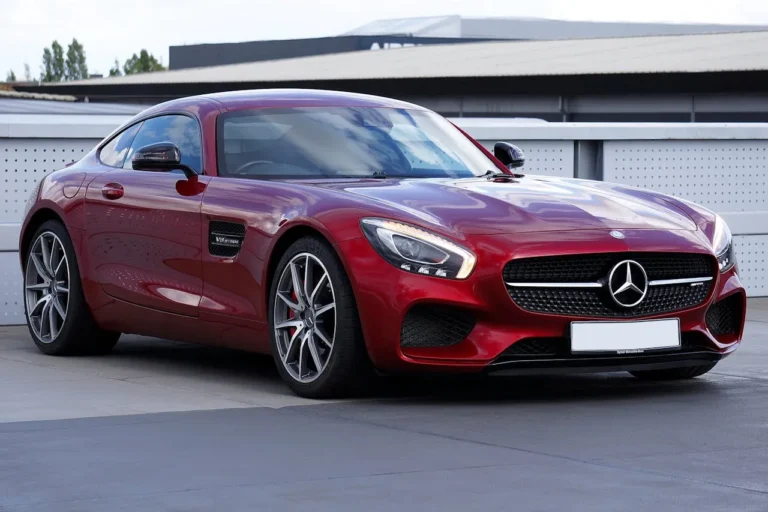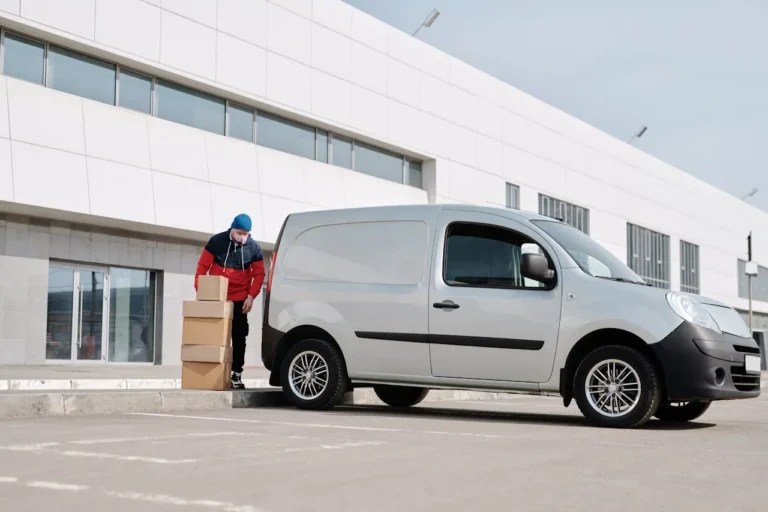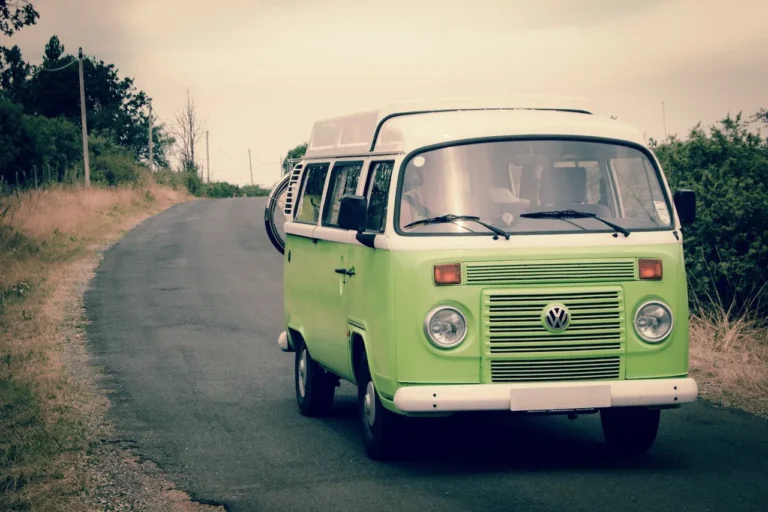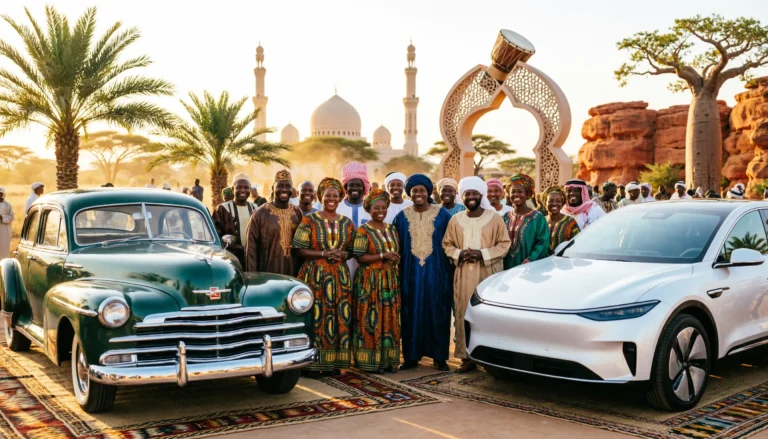
Globally recognized as champions of sustainability, Toyota is committed to achieving Carbon Neutrality by 2050, with a target of Net Zero Carbon in Manufacturing Operations by 2035, as outlined in their Toyota Environmental Challenges 2050 (TEC 2050). On World Biofuel Day, Toyota Kirloskar Motor (TKM) reaffirms its dedication to sustainable mobility, advancing greener solutions through multiple clean technologies. These efforts take into account factors such as the current energy mix, unique consumer needs, infrastructure readiness, and the Indian government’s initiatives to become energy self-reliant by 2047.
India, the world’s fastest-growing large economy, is seeing a rapid increase in fossil fuel consumption, accompanied by rising imports. In April 2024, the country’s crude oil imports reached their third-highest level on record, with India importing 21.4 million tonnes of crude oil in that month alone. As mobility needs grow, the transport sector, which accounts for around 50% of oil demand, is a major contributor to this consumption. Higher fossil fuel use also leads to increased carbon emissions, making it urgent to transition to cleaner energy alternatives.
The shift towards sustainable technologies like electrification and alternate fuels, such as biofuels, is essential for a greener future. Biofuels are key to providing affordable and sustainable energy, offering India an opportunity to address energy security, economic growth, and climate change by reducing carbon emissions.
India’s vast renewable energy resources, surplus sugar, food grains, and biomass create significant opportunities for a cleaner energy future that is also locally sourced. Sugarcane, excess food grains, and biomass waste can be converted into ethanol, replacing fossil fuels used in vehicles. Additionally, India has strong potential for ethanol production, making it an economically viable alternative to fossil fuels. This transition can also generate wealth for the agrarian economy, boost farmer incomes, and create jobs.
Ethanol blending has already made strides in India. By June 2024, ethanol blending with petrol had reached 15.90%, with cumulative blending at 13.0%. E20 fuel is available at over 14,600 public sector undertaking (PSU) outlets as of June 2024, with the goal of achieving 20% blending by 2025. This implementation could save over ₹30,000 crores in foreign exchange, reduce carbon emissions by more than 20 million metric tonnes, and decrease PM2.5 emissions by up to 14%. Flexi Fuel Vehicles (FFVs), capable of running on higher ethanol blends of up to 100%, present a significant opportunity to further these benefits.
One challenge with FFVs is the lower fuel efficiency of ethanol due to its reduced energy density. To address this, Electrified Flex Fuel Vehicles (FFV-SHEVs) are being developed globally. These advanced green technologies combine flex fuel engines with electric powertrains to enhance fuel efficiency, similar to Strong Hybrid Electric Vehicles (SHEVs). Last year, TKM unveiled the prototype of the world’s first BS6 Stage II Electrified Flex Fuel Vehicle, a green technology with the lowest well-to-wheel carbon emissions. With supportive policies, this technology could gain strong consumer traction, making mobility more sustainable.







